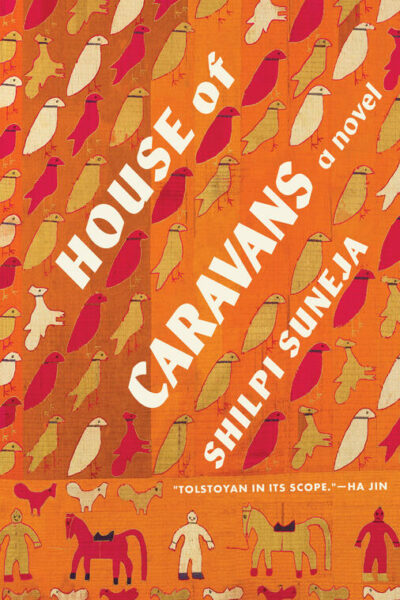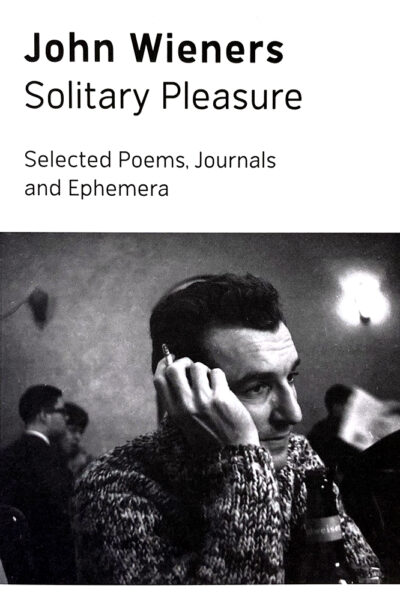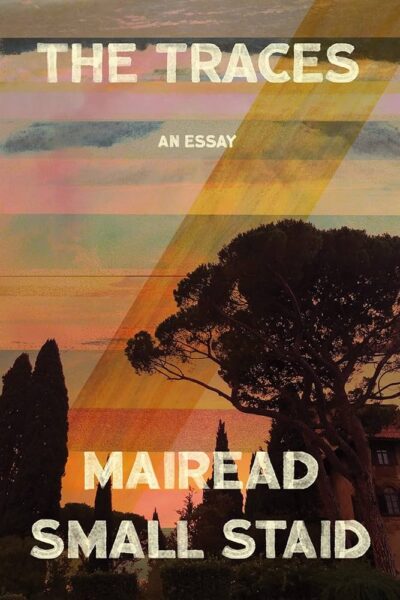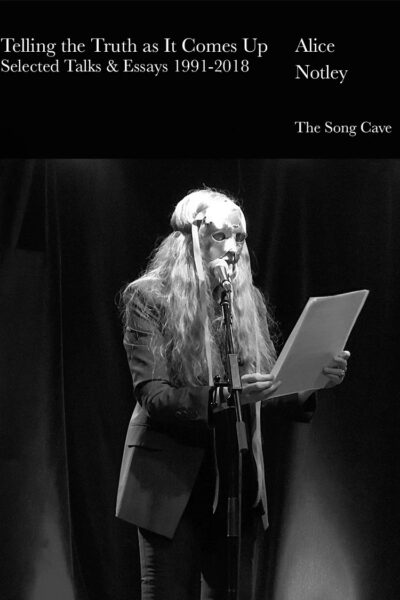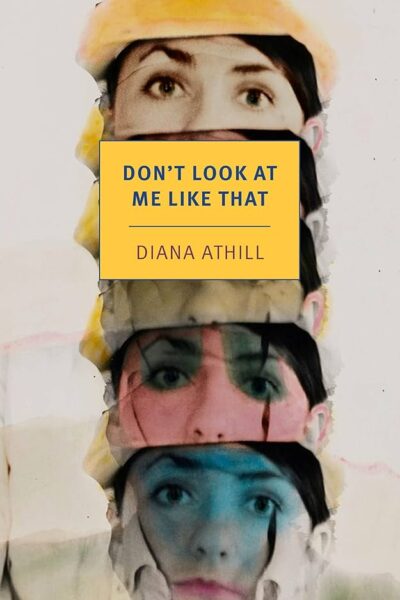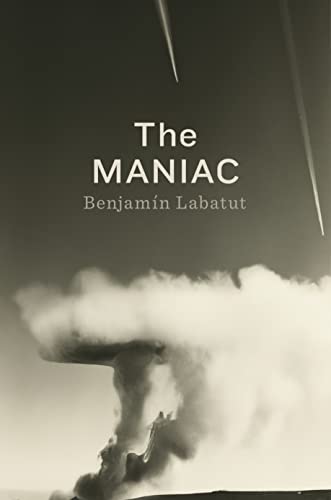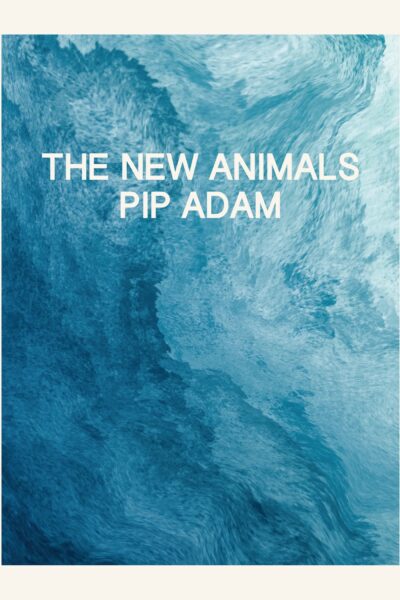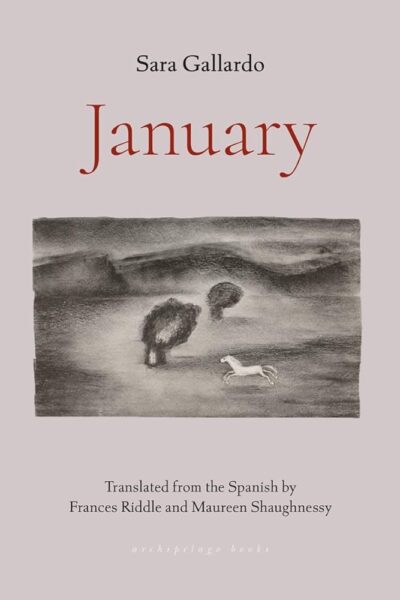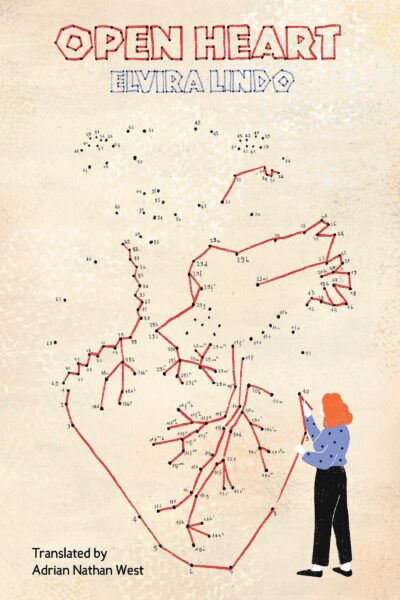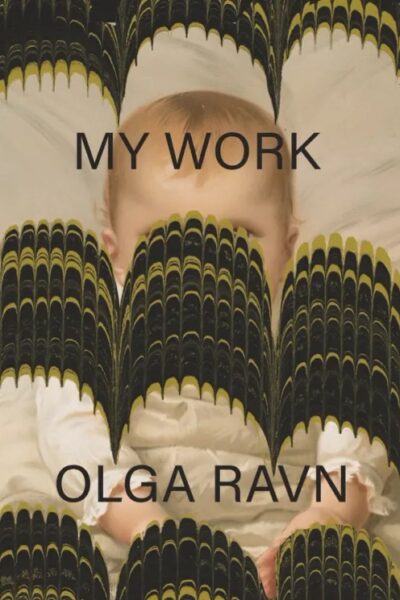House of Caravans – Shilpi Suneja
The circular tragedy Suneja draws in this intricate debut is perhaps not a circle at all, but a spring, ready to burst as soon as we allow ourselves the freedom to love across borders . . .
Solitary Pleasure: Selected Poems, Journals, and Ephemera – John Wieners
Solitary Pleasure brings together pieces of writing that emanate queer loneliness and longing, allowing the desperate, the embarrassing, and the delusional intrusions of a solitary mind into the art of the poem.
The Traces: An Essay – Mairead Small Staid
Italy is a captivating pretext for the author’s melancholic reflections about happiness and its opposite, reflections that magnificently cascade in all directions, chapter after chapter.
Telling the Truth as it Comes Up – Alice Notley
What is a book of talks, a book of talking? . . . Writing proposes completion, whereas talking remains unfinished.
Don’t Look at Me Like That – Diana Athill
Meg is not one to plumb her own depths or seek explanations for her behavior. This makes for an intriguing narrative conundrum, because what is narrative but the pursuit of exactly such explanations?
Labatut’s most horrific writing depicts the achievements born from humanity’s weakness. . . . It’s horrifying because it’s true; it’s horrifying because it took immense effort, achievement, and ingenuity to make it so.
Oh, the things that can only be whispered sideways to a knowing colleague, or thought privately in the dungeon of the mind. The human psyche, whether on the clock or off, becomes a room of funhouse mirrors facing external animus and internal self-loathing into infinity. In short: work is a drag.
Nefer, the teenage protagonist of the slim, classic Argentine novel January, first published in 1958, is pregnant and doesn’t want to be.
[TW: sexual violence]
What Lindo offers is not necessarily “forgiveness”—for her father, or for anyone else—but rather the privilege of being faithfully and thoroughly observed.
For Ravn, the pregnant body becomes a microcosmic environment tensely defending itself against the violent onslaught of the global conditions of capitalism.



